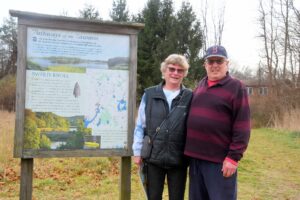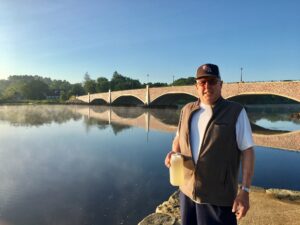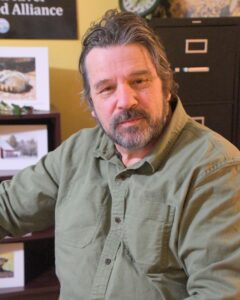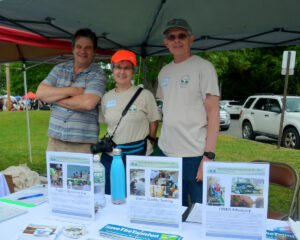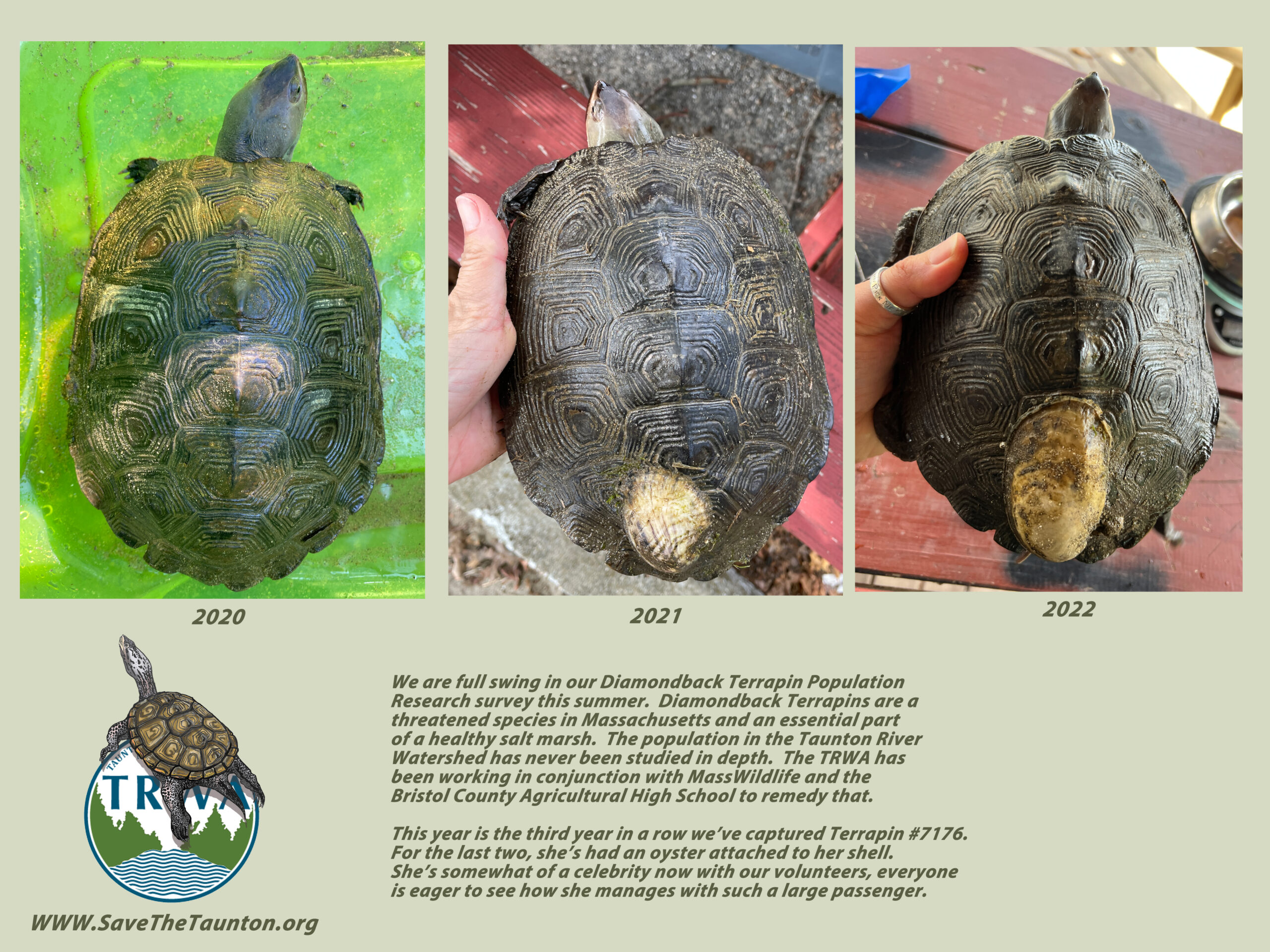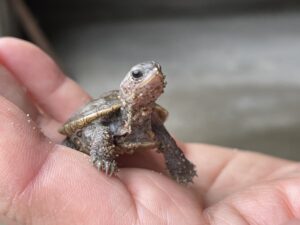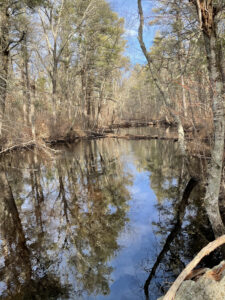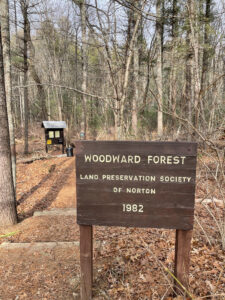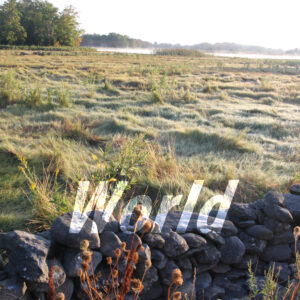
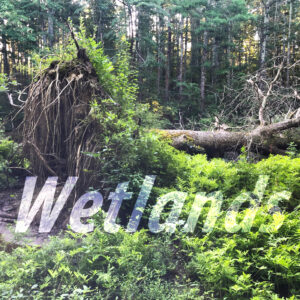

Move over Phil, February 2nd is World Wetlands Day!
Once treated as dumping grounds, wetlands today are recognized for the critical role they serve in our environment. Did you know that 7000 plant species live in U.S. wetlands or that between 60% to 90% of U.S. commercial fisheries depend on wetlands? Also, they help to curb destruction caused by major storms in coastal areas by reducing erosion, flooding and property damage. This year’s theme “It’s Time for Wetlands Restoration”, highlights the urgent need to prioritize wetland restoration. To learn more about the importance of wetlands, visit https://www.nps.gov/subjects/wetlands/why.htm.

